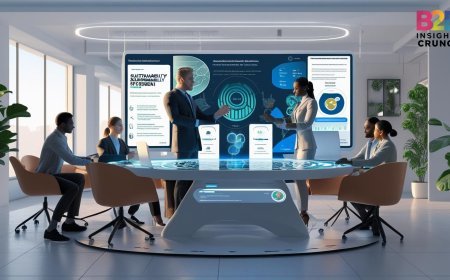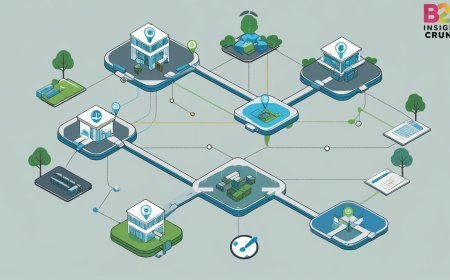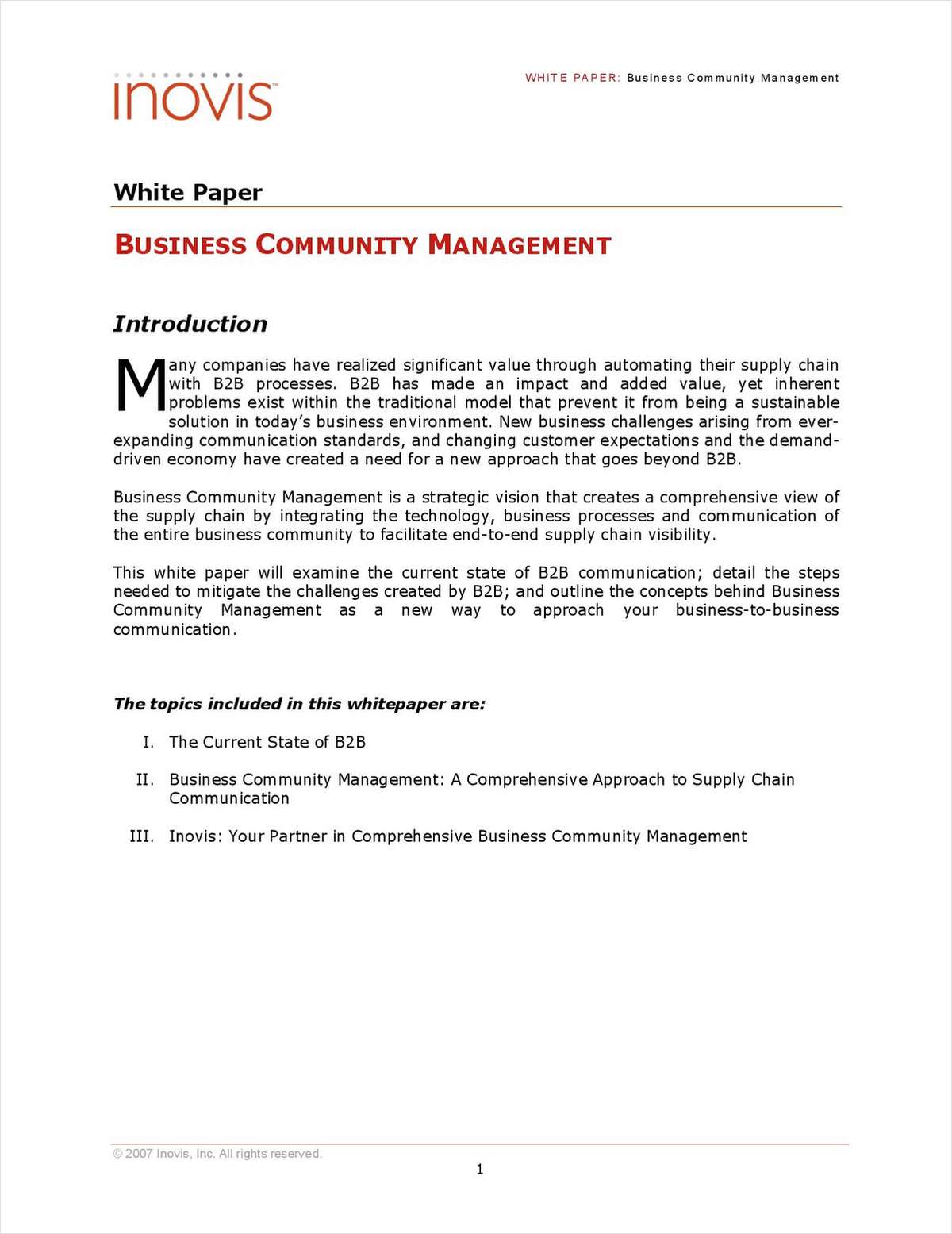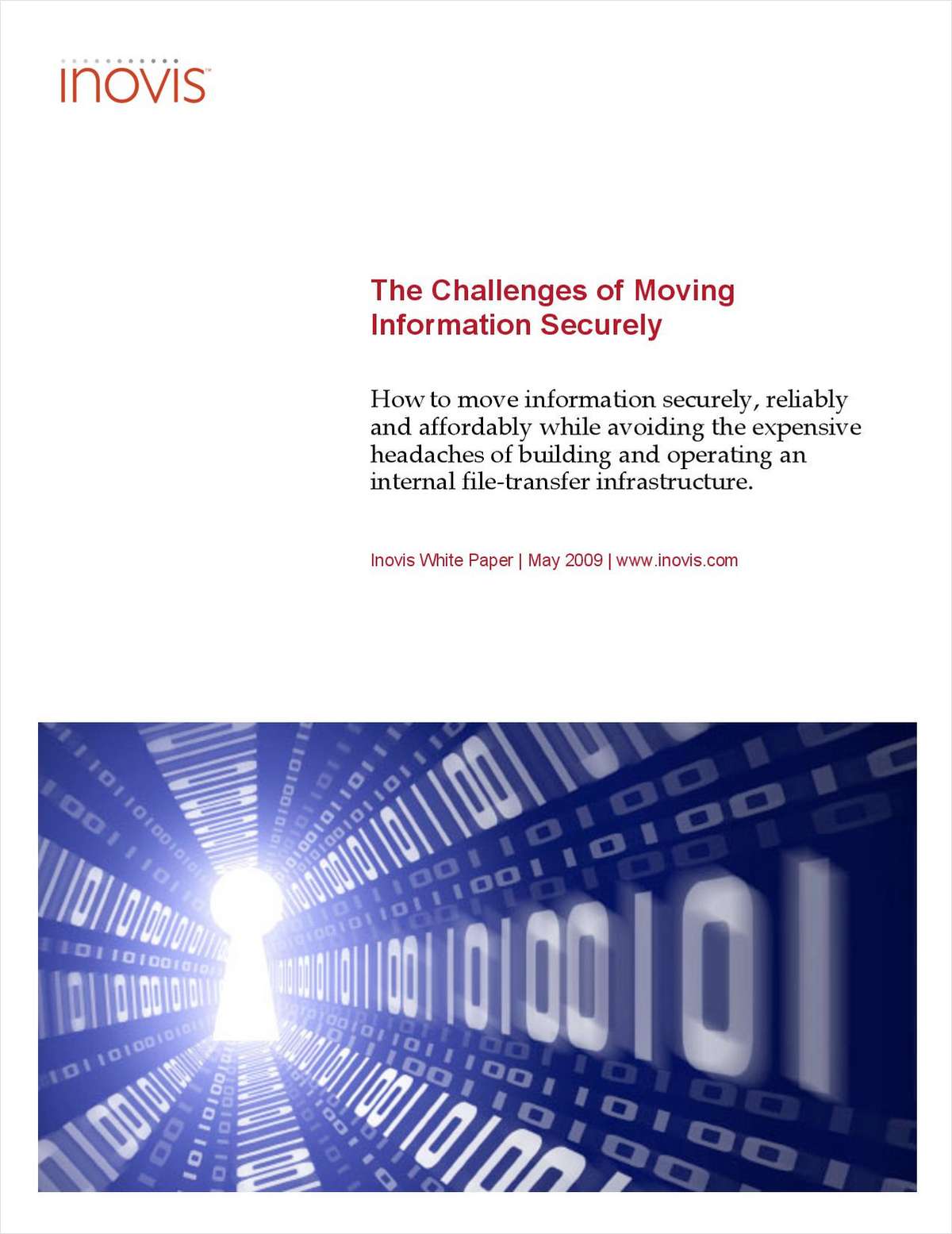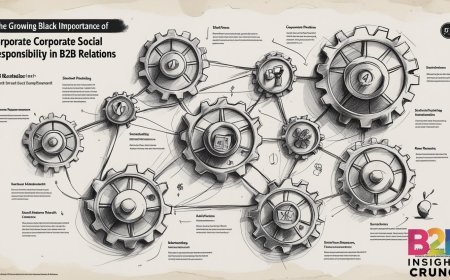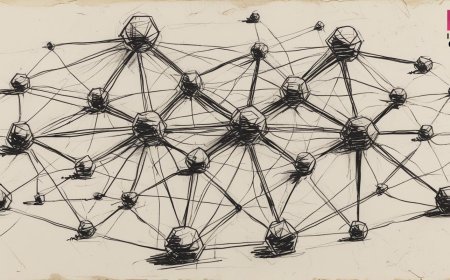How B2B Companies Are Navigating Supply Chain Disruptions
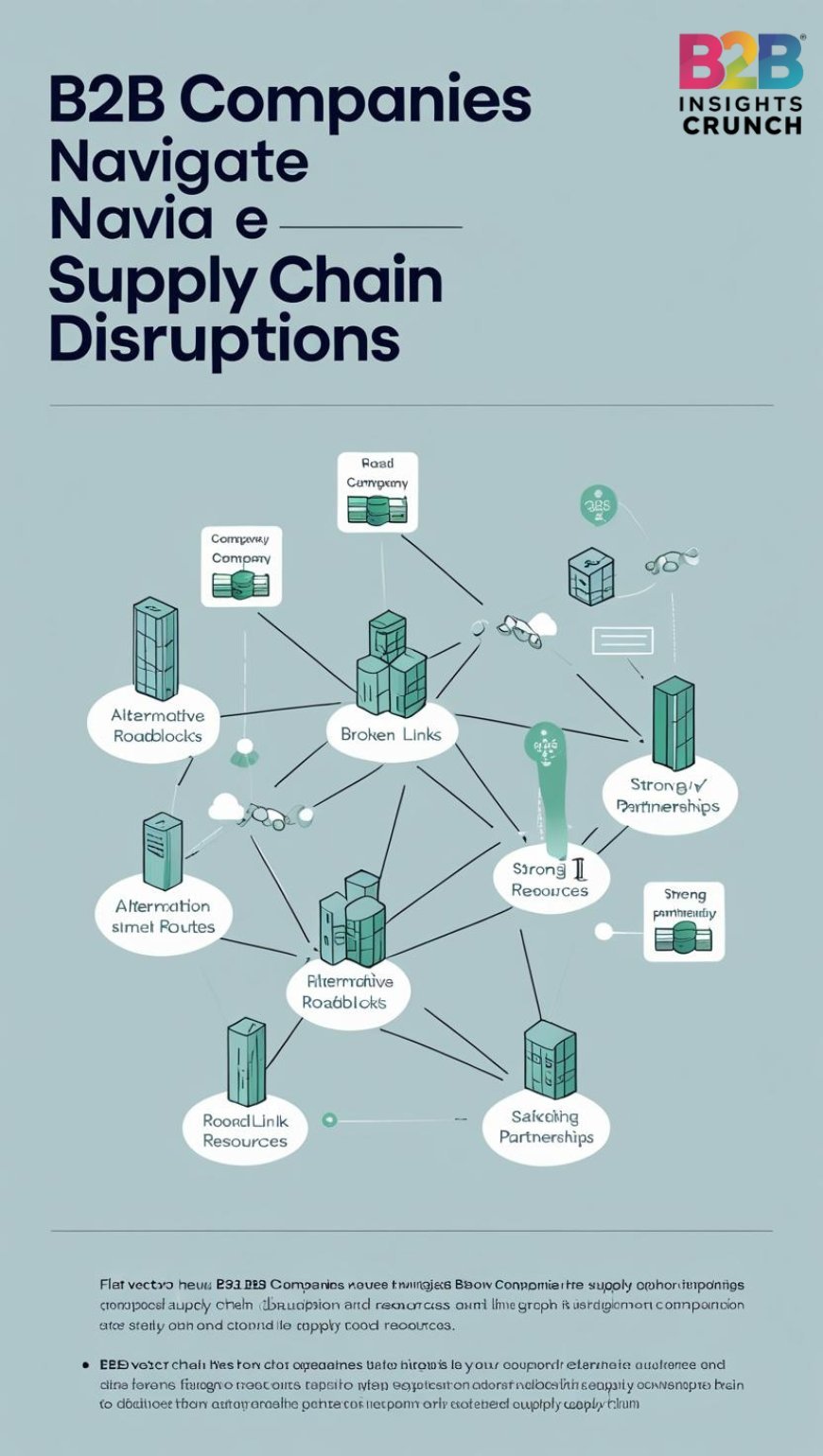
How B2B Companies Are Navigating Supply Chain Disruptions
In recent years, supply chain disruptions have become a significant challenge for B2B companies across the globe. Whether caused by geopolitical tensions, natural disasters, or the ripple effects of a global pandemic, these interruptions have exposed vulnerabilities in traditional supply networks. But amidst the uncertainty, many businesses have shown remarkable resilience, adapting their strategies to not just survive but also thrive in this new reality.
The first step for many B2B companies has been acknowledging the fragility of long-standing supply chains. Relying heavily on a single source or region can leave businesses exposed to delays, shortages, and unexpected cost increases. As a result, diversification has become a central theme in supply chain management. Companies are expanding their supplier base, sourcing materials from multiple geographic locations, and exploring local or regional partners to reduce dependence on far-flung vendors. This approach adds complexity but also creates a buffer against disruptions in any one area.
Transparency and real-time visibility have also taken center stage. Modern supply chains generate vast amounts of data, and businesses are increasingly investing in technology that allows them to track shipments, monitor inventory levels, and anticipate bottlenecks before they escalate. By embracing digital tools such as cloud platforms, IoT sensors, and advanced analytics, B2B companies gain the ability to react quickly and make informed decisions. This proactive approach can mean the difference between meeting client expectations and falling short.
Another crucial adaptation is the shift toward greater collaboration within the supply ecosystem. Instead of operating in silos, companies are building stronger relationships with suppliers, logistics providers, and even competitors. Sharing information openly and coordinating efforts helps smooth out challenges and create a more resilient network overall. Some businesses are engaging in joint planning sessions or establishing contingency agreements to ensure continuity even during disruptions. This spirit of partnership reflects a deeper understanding that supply chain resilience is a collective effort.
Flexibility has become a guiding principle as well. B2B companies are redesigning processes to be more agile, allowing them to pivot quickly when faced with shortages or delays. For example, many are rethinking inventory strategies-balancing just-in-time efficiency with safety stock buffers to cushion against shocks. Others are reexamining production schedules, customizing orders, or leveraging modular components that can be swapped as needed. This mindset encourages innovation and responsiveness, which are critical in an unpredictable environment.
Sustainability considerations are increasingly intertwined with supply chain strategies. Businesses recognize that investing in environmentally responsible practices not only meets customer expectations but can also reduce risks. Sustainable sourcing, ethical labor practices, and reducing carbon footprints help build long-term supplier relationships and shield companies from reputational damage or regulatory complications. Forward-thinking B2B companies see sustainability as a competitive advantage that complements their resilience efforts.
Despite the many challenges, supply chain disruptions have prompted a valuable shift in perspective. B2B companies are no longer simply reacting to problems but actively reshaping their operations for a more uncertain future. They are embracing technology, collaboration, and flexibility to build supply chains that are robust and adaptive. This transformation is essential not only for weathering current disruptions but also for thriving in the evolving global business landscape.
In the end, navigating supply chain disruptions is about balancing risk with opportunity. It requires courage to rethink established practices, creativity to innovate solutions, and commitment to build partnerships rooted in trust. As B2B companies continue on this journey, their ability to adapt will define their success in a world where change is the only constant.
